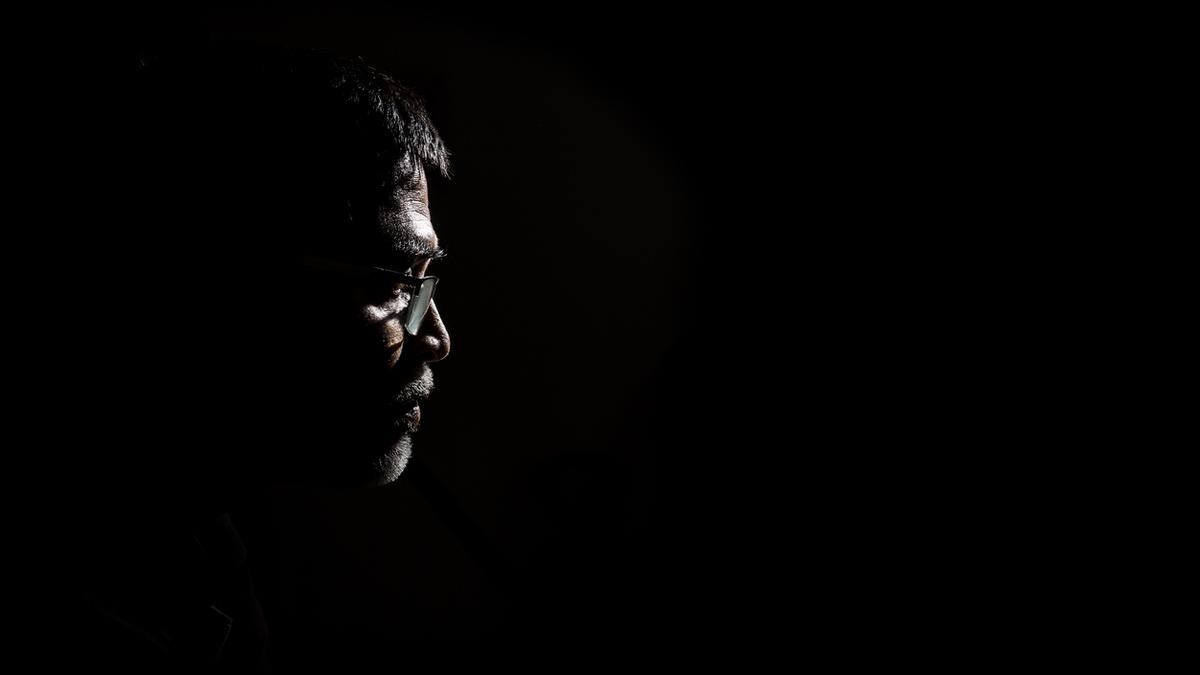
Death’s incomplete draft | Review of M. Mukundan’s novel You, translated by Nandakumar K.
The Hindu
Exploring old age through a unique lens in M. Mukundan's novel "You" challenges traditional narratives of aging.
The U.K. and U.S. translated editions of Simone de Beauvoir’s canonical text on ageing, La Vieillesse (1970), were titled Old Age and The Coming of Age (1972), respectively. To think of old age as coming-of-age is a riveting vantage point to understand decadence and dying.
It is also a riff on the preferred plot of the 19th-century European novel, where the young, virile, and aspirational hero takes the new capitalist order in his stride. In recent times, however, there has been a gradual proliferation of novels about the grumpy and cantankerous senile protagonist who goes to all extremes to protect his sanity and sense of autonomy. While the odds for young heroes are mostly extrinsic, a life sans teeth, eyes, taste, sans everything, poses unique challenges that are as much intrinsic as they have to do with the world.
M. Mukundan’s You, translated from the Malayalam by Nandakumar K., is a recent addition to this ever-expanding list. The author’s earlier novel, Delhi: A Soliloquy (2020), examined the impact of tempestuous and tangible historical events on the personal, somewhat insignificant, minutiae of common lives. This time, his septuagenarian protagonist tries to point the middle finger at the condition inside him that has relegated him to the margins.
The novel starts with 70-year-old Unnikrishnan — who made waves long ago with his first book before disappearing from the scene — making a bold statement at a press conference, where only a couple of journalists show up, that he will die later that month. How? Why? Neither is declared, nor is anybody interested in knowing. Until Paru, a cub reporter in a local newspaper, is assigned to investigate the reason. Since life is like a detective novel whose end can’t be revealed in the beginning, as per our narrator, we’re taken on a tortuous journey through winding roads of memory and a mofussil town.
The coming-of-age story, told in second-person narrative through a variety of snippets of life, is absorbing: a young, self-effacing Unnikrishan’s tryst with neglected people, forbidden things, an apathetic father, and his feverish fascination with reading (“if you could, you would have swallowed books like puttu and kadala curry and washed it down with hot tea”).
The prime of youth contrasts with the pessimism of old age. The loneliness, ineptitude, and meaninglessness of old age grow, as Unnikrishnan’s relationship with a bold and vivacious Paru matures, stirring desire in him. Buried secrets and subtle ironies are revealed at every turn, eliciting surprise and a hint of dismay in Unnikrishnan. “While there were women like Pankajakshi who rented out their bodies, no books were loaned out,” the narrator says. One of the most gutting sequences is when a callous mother asks a jobless Unnikrishnan to prove useful and impregnate his sister-in-law.
The convoluted reality of existing in a country fractured along religious lines shows up, in a slightly tangential manner, via various comments (“my shirt stinks of Hitler’s and Mussolini’s uniforms”). It is further elaborated in Unnikrishnan’s debut “secular” novel, Digambaram — the plot touching upon the Malabar Rebellion of 1921 — where a befuddled Kunjachchu Master, physically and mentally scorched by hate, takes a plunge in the village pond fully naked.





















 Run 3 Space | Play Space Running Game
Run 3 Space | Play Space Running Game Traffic Jam 3D | Online Racing Game
Traffic Jam 3D | Online Racing Game Duck Hunt | Play Old Classic Game
Duck Hunt | Play Old Classic Game











